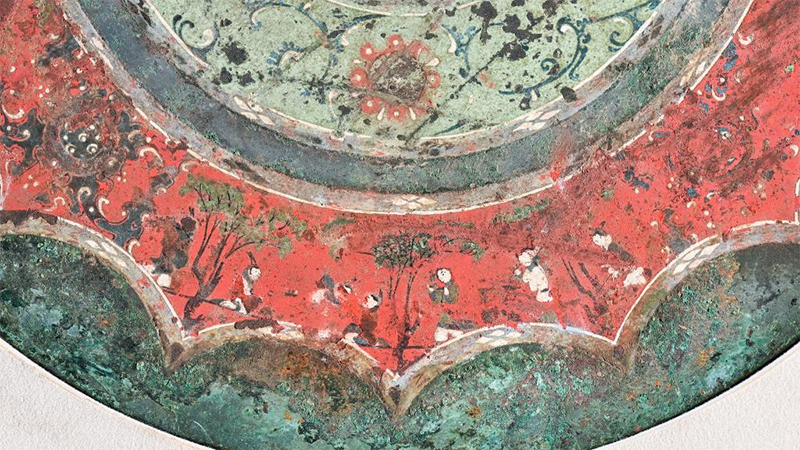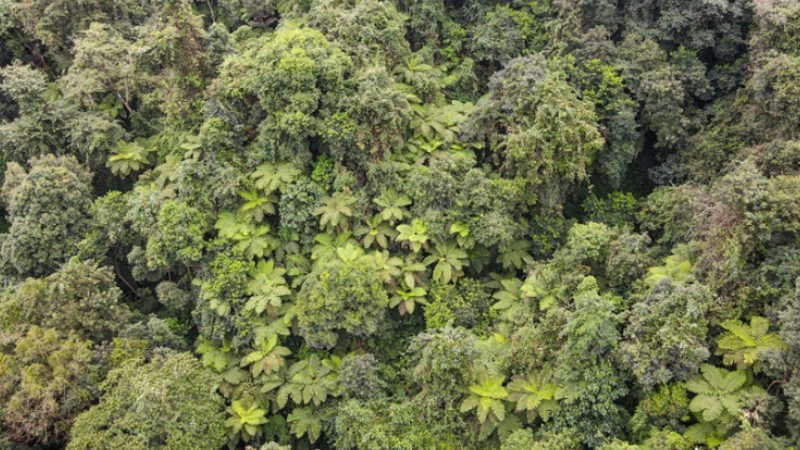Africa urged to upgrade laboratory capacity to combat antimicrobial resistance
HARARE, Nov. 18 (Xinhua) -- African countries need to mobilize domestic financing to upgrade laboratory capacity for fighting antimicrobial resistance (AMR), a senior health official said Saturday.
Speaking during a media sensitization meeting in Harare, Zimbabwe's capital, Yewande Alimi, the AMR program coordinator with the Africa Centers for Disease Control and Prevention (Africa CDC), said Africa, hardest hit by AMR, should work on improving its bacteriology capacity as well as leverage on the already established COVID-19 genomic sequencing capacity to combat AMR.
According to a study by the Mapping Antimicrobial Resistance and Antimicrobial Use Partnership (MAAP) in 14 African countries between 2016 and 2019, only a tiny fraction of the laboratories can test for AMR.
"The study revealed that only 1.3 percent of the 50,000 medical laboratories in the participating countries can actually conduct AMR testing that is required to give data that can guide policies as well as interventions. Those are concerning findings and at the level of the CDC, one of the things that we are really championing is domestic financing," she said.
The Africa CDC official urged African governments to start making investments in terms of supplies of bacteriology, so that the right infrastructure is in place.
Alimi said advancing diagnostics was another priority area for Africa to combat AMR, noting that through the Africa Institute of Pathogen Genomics (Africa PGI), remarkable work was being done to enhance genomic sequencing on AMR.
Speaking on the same occasion, World Health Organization expert Walter Fuller said a collaborative approach was required among member states to tackle AMR.
Fuller said with recent studies pointing to the growing socio-economic impact of AMR, the time for action in Africa was now.
He noted that a study by scientists from the Global Research on Antimicrobial Resistance Project in 2022 showed sub-Saharan Africa as the worst affected with 24 deaths per 100,000 caused directly by AMR and 99 deaths per 100,000 associated with AMR.
The media sensitization meeting was held at the start of the World AMR Awareness Week (WAAW) which is being hosted by Zimbabwe from Saturday to Friday.
The annual global event WAAW is organized by the Food and Agriculture Organization of the United Nations, the United Nations Environment Program, the World Health Organization and the World Organization for Animal Health.
The WAAW aims to enhance awareness and understanding of the challenges posed by AMR, while striving to promote best practices in antimicrobial stewardship across public health, animal health, and the environment.
Photos
Related Stories
Copyright © 2023 People's Daily Online. All Rights Reserved.









